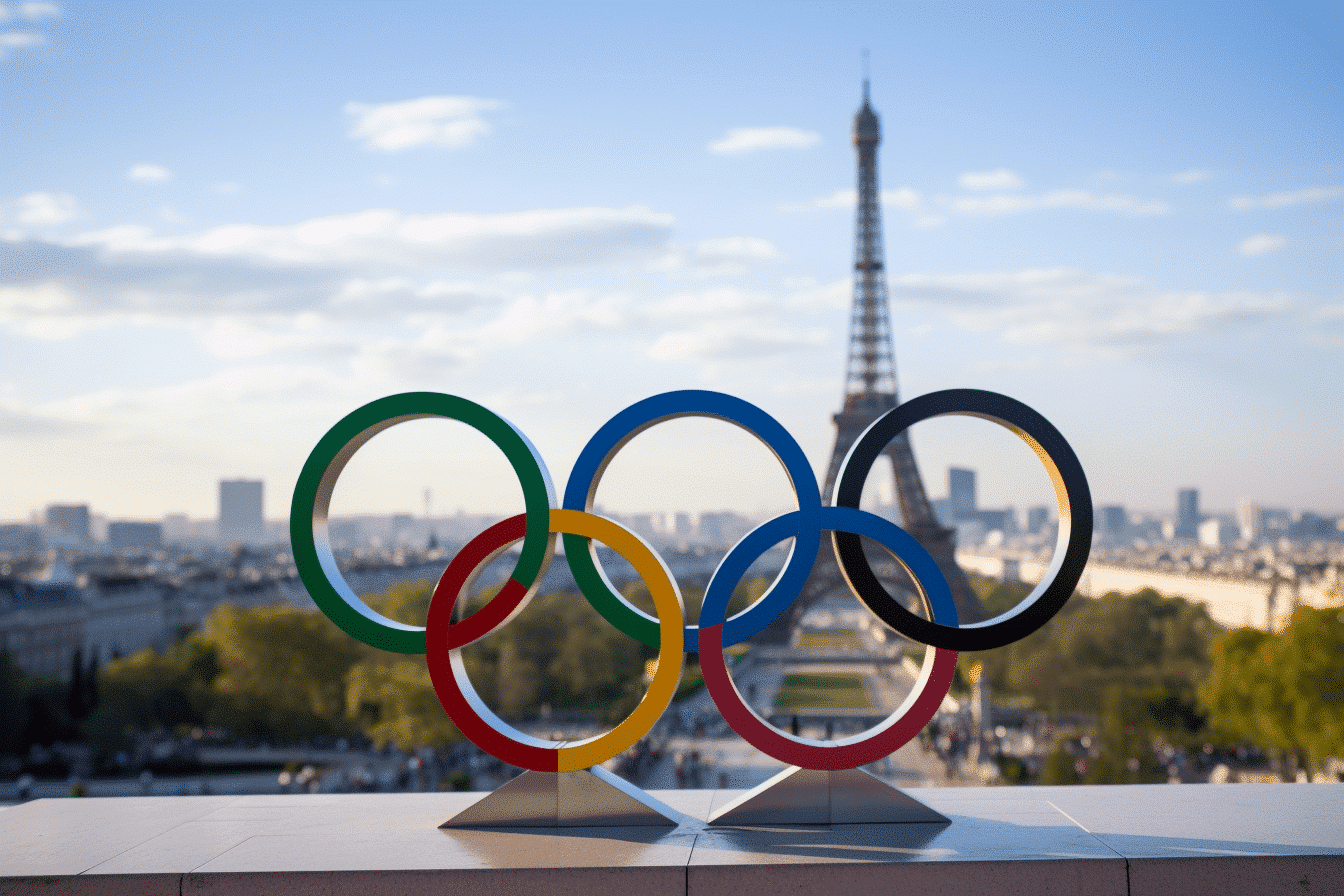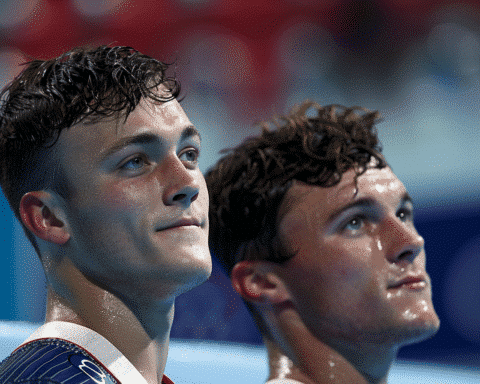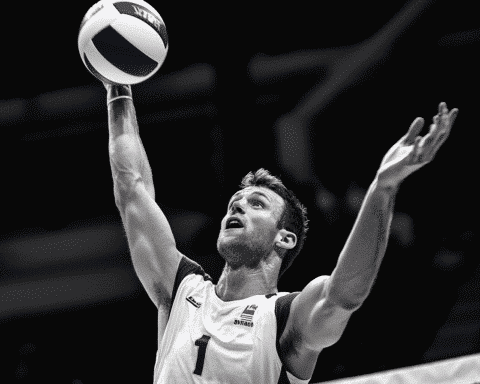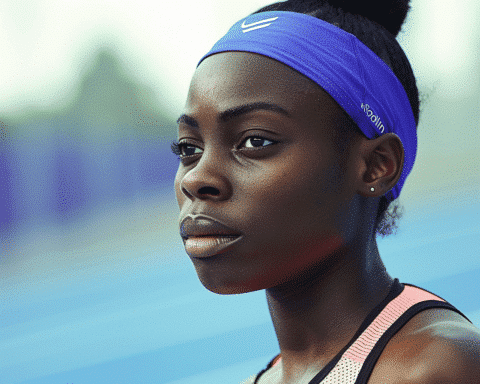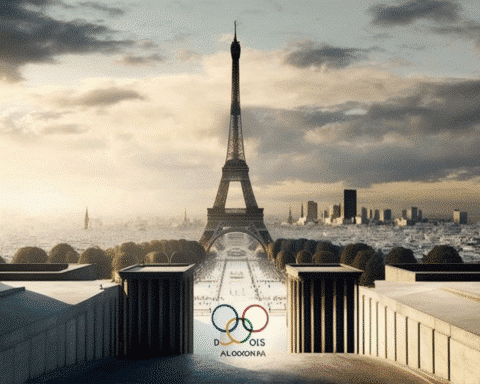As the 2024 Paris Olympics draws nearer, the eligibility of Russian athletes to participate in various sports remains a contentious issue. Nearly a year-and-a-half after Russia’s invasion of Ukraine, governing bodies of several sports on the Olympic program are still divided on how to treat Russian athletes.
While some have allowed their return as “individual neutral athletes,” others continue to exclude them from competitions. This uncertainty has sparked debates and controversies among international sports bodies, and with just a year to go until the Games, the situation remains fluid.
Swimming and Tennis: A Mix of Approaches
World Aquatics, which oversees swimming, diving, water polo, and artistic swimming, is taking a cautious approach. While they favor the return of Russian and Belarusian athletes, they have established a task force that is expected to present its suggestions in late July. As a result, no Russian swimmers will participate in the upcoming world championships in Japan this month.
In contrast, tennis stands as a notable exception. Despite the ongoing geopolitical tensions, the men’s and women’s tours didn’t exclude Russian or Belarusian players when the invasion occurred. Tournaments like Wimbledon that imposed restrictions faced fines, while Ukrainian players continued to compete but often refrained from shaking hands with their Russian and Belarusian counterparts.
Track and Field: A Firm Stand Against Russian Participation
World Athletics has maintained a resolute stance in excluding athletes from Russia and Belarus from competitions since the invasion of Ukraine.
This ban, in place “for the foreseeable future,” was reinforced by President Sebastian Coe, citing the need to stand firm in the face of destruction and loss in Ukraine.
Gymnastics: Return as “Individual Neutral Athletes”
Russian and Belarusian gymnasts have received approval to participate in sanctioned competitions as “individual neutral athletes” starting from 2024. However, their return has been delayed beyond the early October world championships in Belgium.
Russian gymnasts, some of whom have vocally supported the war, have faced suspensions and controversies, underscoring the complexity of their reintegration into the sport.
Boxing: A Sport Controlled by the IOC
The International Olympic Committee (IOC) has taken control of Olympic boxing for the Paris Games and qualifiers. This situation arose from a longstanding feud with the International Boxing Association and its Russian president.
The final decision on Russian participation is yet to be made, and the possibility of qualifying Russian athletes through the Asian Games remains uncertain. The possibility exists that Russian athletes may be restricted to two final qualifying tournaments in early 2024.
Combat Sports and Team Events: Ukraine’s Stance and IOC Recommendations
Combat sports such as fencing, judo, and taekwondo have seen some of the most intense disputes. Ukrainian athletes boycotted the world championships in judo and taekwondo, affecting their Olympic qualifying prospects after Russian athletes were allowed to compete. The International Judo Federation faced criticism for including Russian athletes, some of whom were previously listed by the Defense Ministry as holding military ranks.
As for team events, the IOC continues to support excluding Russia from soccer, volleyball, basketball, and handball, and no Olympic sport has defied this regulation. Russia has already missed its last chance to qualify in some events like men’s basketball and soccer.
Other Sports: Archery and Canoeing’s Unique Approaches
Archery is exploring the possibility of Russia’s return but has indicated that it is unlikely to happen this year.
Canoeing, on the other hand, plans to allow Russian athletes to compete in some Olympic qualifiers, but local organizers have the power to veto their participation. Rowing will only permit smaller Russian crews, restricting their chances of participating in certain events.
Controversy Surrounds Russian Athletes’ Olympic Eligibility
As the 2024 Paris Olympics draws closer, the eligibility of Russian athletes across various sports remains a contentious topic. While some governing bodies have welcomed them back as “individual neutral athletes,” others continue to hold them at bay.
The ongoing debates and controversies have shaped a complex landscape in international sports, underscoring the complexities of separating politics from competition on the world stage. As the Games approach, the spotlight remains on how these matters will ultimately be resolved, impacting both the participating athletes and the integrity of the sporting event.
